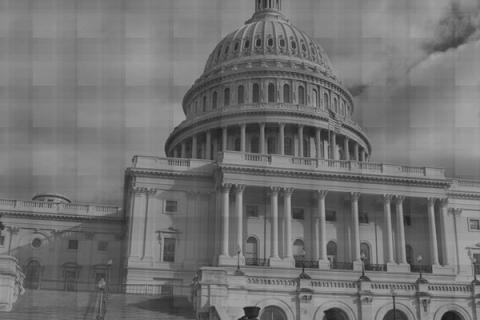
Last week, current Detroit Mayor Dave Bing announced he would not seek re-election for the post he has held since 2009. This opened up what would already have been a very interesting election.
A total of nineteen people have filed to take part in the primary election on August 6. Although the mayoral race is technically nonpartisan, a Democrat has held the seat since 1962. The top two vote netters from the primary will then face-off on November 5.
Of course, there has already been some controversy as one of the high-profile candidates has had his campaign challenged. Mike Duggan, the former CEO of the Detroit Medical Center, faced a challenge to the residency requirements that candidates must abide by.
On May 23, the Detroit Election Commission voted 2-1 in favor of allowing Duggan to stay on the ballot. According to early poll numbers, Duggan is the preliminary favorite in the race... although there is a long way to go. If successful, Duggan would be the first white mayor of Detroit in 40 years.
The next mayor of Detroit, whether Duggan or someone else, will face an interesting situation upon taking office. Detroit, due to budget woes almost beyond comprehension, has had a state appointed emergency manger in place to help sort out their budget mess.
For the first nine months of their term, the next Detroit mayor will almost be a second in command when it comes to any fiscal decision-making. This could somewhat serve as insulation for the mayor with what will likely be some unpleasant decisions that the citizens of Detroit will be faced with.
According to the emergency manager's report earlier this month, almost every department in the city needs to be overhauled.
Regardless of who wins the election in November, they have a huge job ahead of them. While it may seem that much of the nation doesn't expect much from Detroit, aside from cars, Michigan and the rest of the region would benefit greatly by Detroit taking steps towards economic health.
